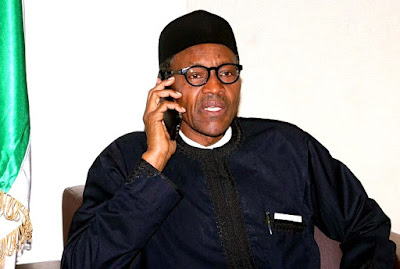By Femi Fani-Kayode
In a short contribution titled
"Biafra Without Our Consent?" which appears to have gone viral on
social media, a social commentator wrote as follows:
 |
| *Nnamdi Kanu |
"I think the current
generation of 'Biafrans' are the most funny people I have ever seen. How dare you sit in
your home or offices and draw your Biafra map and include places like Rivers, Cross River Nigeria Biafra '
and renaming it without my permission and consultation, I have a moral duty to
stand against you with everything I have. I am not standing against you because
I do not want your freedom; I stand against you because I love mine too. I
don't stand against you because you don't have a right to your country; I stand
against you because I have the same right. I stand against you because your map
is an insult to me and my freedom to choose were I belong. Be warned!"
This commentator who I shall refer to
as Miss X and those that think like her are being disingenious and unduly
hostile to Nnamdi Kanu and the concept and spirit of Biafra .
She has made a point that appears to be
valid but that point is based on a false premise. That premise is that the
southern minorities would be compelled or obliged to be part of Biafra without their consent. This is false. It is not
true.
The truth is that each of the bordering ethnic nationalities, and even the Igbo
themselves, must and will have their own referendum before going anywhere. It
is entirely up to them what they do and where they go.
They cannot and will not be forced to
go with Biafra if they choose not to do so.
And neither can they be forced to remain in Nigeria
Everything that is done must and will
be based on the free and fair expression of the will of the people.
That is the basic point that needs to
be grasped and clearly understood. Miss X's fear is therefore baseless.
Yet we cannot leave it there. We must
consider the wider issues that her concerns have raised. We must learn to be
clear-headed and strategic in our thinking and actions. We must know what we
wish to achieve and we must learn from history.
The cost of petty bickering, division,
undue rivalry, pettiness and age-old suspicions amongst the southern ethnic
minorities and southerners generally is extremely high.
It has cost us virtually everything and
it has stripped us naked and bare before our enemies and adversaries.



















